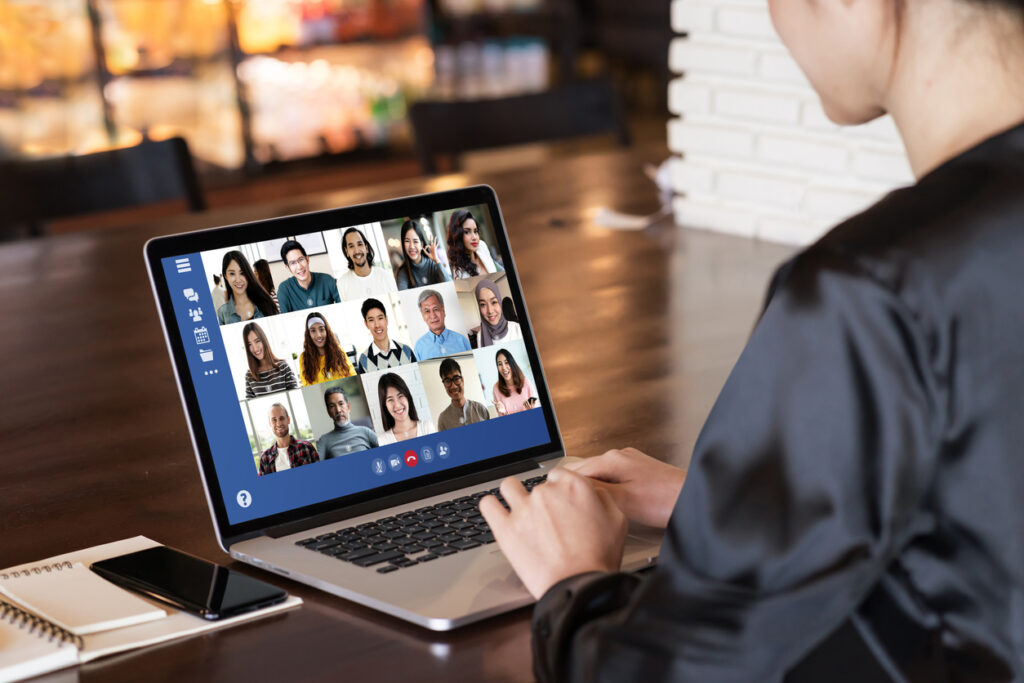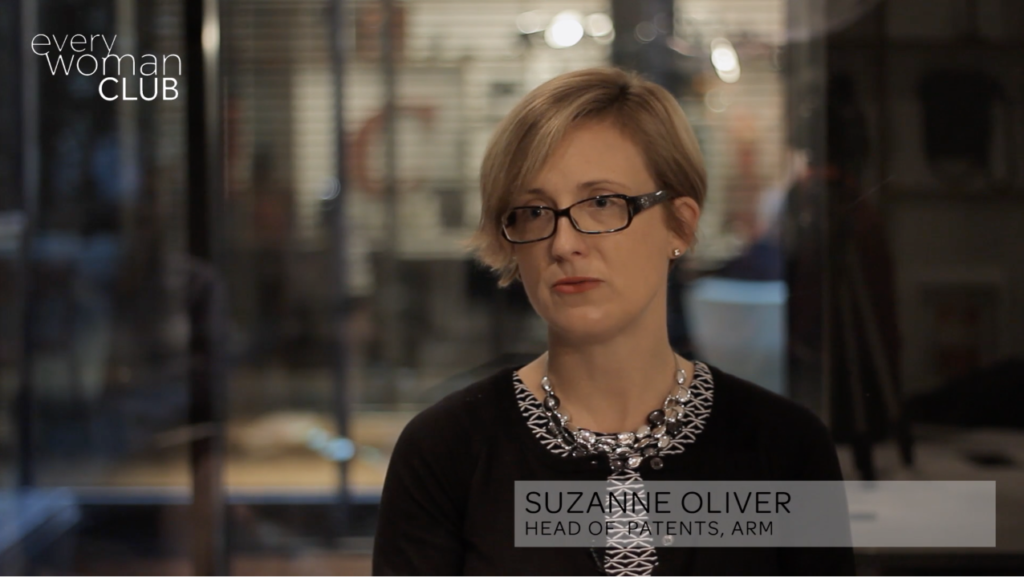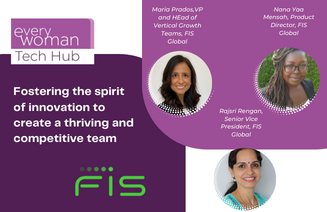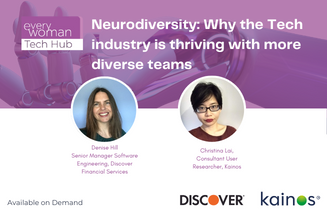
THE TRUST EQUATION: 6 WAYS TO THINK ABOUT HOW AND WHY WE TRUST OUR COLLEAGUES AND TEAMS
During the Covid-19 crisis, working from home has become the new normal for those of us lucky enough to be able to keep going remotely.

During the Covid-19 crisis, working from home has become the new normal for those of us lucky enough to be able to keep going remotely.

Global Workplace Analytics tells us that the number of people working from home rose by 140% between 2005 and 2019. [i] Then along came a global pandemic,

https://player.vimeo.com/video/266158729?color=?api=1&player_id=vimeo-player-1 Suzanne Oliver talks you through the reasons why it’s important to have a personal brand as a leader in an organisation. Suzanne Oliver is

Nearly four in ten everywomanNetwork members are comfortable giving a wide spectrum of feedback to their colleagues and direct reports. A slightly less confident 13% find

Businesses require their leaders to motivate, direct and inspire workers to move the company forward. But what is effective leadership in a modern world? It’s

Climate change is one of the biggest challenges facing humanity, and one that all major industries and organisations have a responsibility to rise to. SSE is focusing on decarbonisation to achieve NetZero, and has set targets in four of the UN’s sustainable development goals. The ambition: to become a sustainable business for the long-term. To achieve this goal, SSE recognises the need to invest in diverse female talent, by creating mission-led careers where women can thrive.

It is estimated that anything from 15-20% of the world’s population is neurodiverse, and increasingly the technology industry is waking up to the fact that neurodiverse individuals are an untapped talent pool teeming with skills that are essential to our digital future. In this session, we’ll be joined by a panel comprised of technology leaders from Kainos and Discover, who’ll be adding their thoughts to the growing conversation around neurodiverse talent. We’ll be asking how hiring managers can appeal to neurodiverse applicants, and how those applicants can use their difference as an advantage in both the hiring process and while growing their careers.